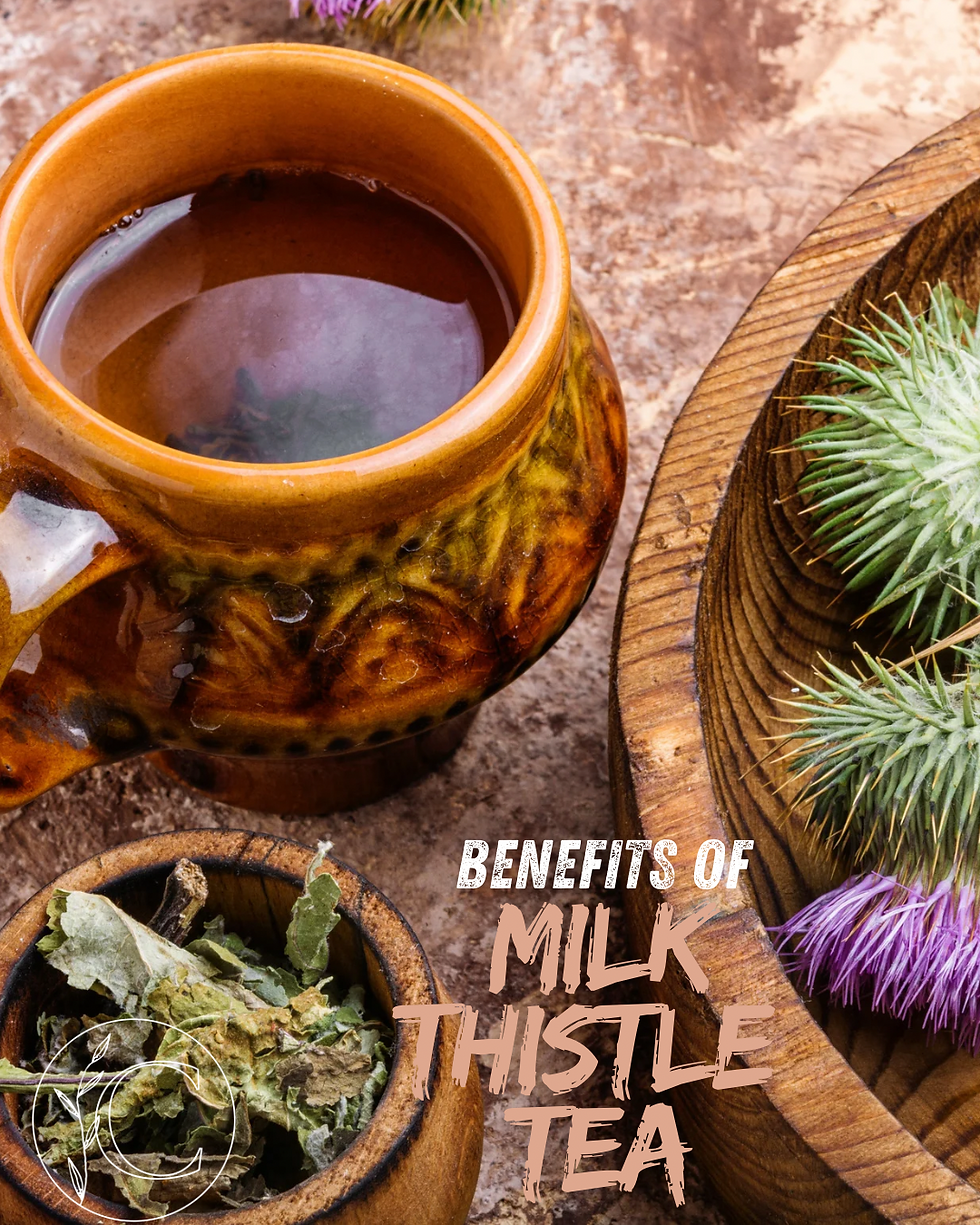Low Cortisol and Low Energy Root Causes
- Angelica Clark
- Jun 24, 2023
- 3 min read
Cortisol, commonly known as the stress hormone, plays a crucial role in regulating our energy levels and overall well-being. Did you know we need this hormone to survive? Some experts say that we can only live 30 min max without this hormone. You heard right, this hormone is that important. We can live days without food and water but not without this hormone. In some cases, cortisol levels can become chronically low, leading to persistent fatigue, low energy, and other related symptoms.

Root Causes of Low Cortisol:
1. Chronic Stress: Prolonged periods of chronic stress can exhaust the adrenal glands, leading to decreased cortisol production. High-stress levels, long-term emotional strain, and excessive work demands can contribute to adrenal fatigue and low cortisol levels.
2. Adrenal Insufficiency: Adrenal insufficiency occurs when the adrenal glands fail to produce sufficient amounts of cortisol. This condition can result from certain medical conditions, such as Addison's disease or adrenal gland dysfunction, and requires medical intervention.
3. HPA Axis Dysregulation: The hypothalamic-pituitary-adrenal (HPA) axis is responsible for regulating cortisol production. Dysregulation of this axis can disrupt cortisol synthesis, leading to low cortisol levels. Chronic sleep deprivation, improper nutrition, and imbalanced lifestyle factors can contribute to HPA axis dysfunction.
Treatment Approaches for Low Cortisol:
1. Stress Management: Implement stress management techniques to reduce chronic stress levels. This may include mindfulness meditation, deep breathing exercises, yoga, and regular relaxation practices. Engaging in activities that promote relaxation and emotional well-being can help balance cortisol levels.
2. Lifestyle Modifications: Establish healthy lifestyle habits, including regular sleep patterns, balanced nutrition, and regular exercise. Prioritize quality sleep, maintain a well-balanced diet with adequate nutrients, and engage in physical activity to support adrenal health and optimize cortisol production.
3. Adaptogenic Herbs: Consider incorporating adaptogenic herbs, such as ashwagandha, rhodiola rosea, and licorice root, into your routine. These herbs have been traditionally used to support adrenal function and balance cortisol levels. Consult with a healthcare professional to determine the appropriate dosage and suitability for your individual needs. You should not take licorice if you have high blood pressure concerns.
4. Nutritional Support: Ensure adequate intake of key nutrients involved in adrenal function, such as B vitamins, magnesium, vitamin C, chromium and zinc. These nutrients play a vital role in adrenal health, cortisol synthesis and overall energy production.
5. Consultation with a Medical Practitioner: If symptoms persist or are severe, it is advisable to seek guidance from a qualified healthcare provider such as Angelica Clark PA-C,IFMCP who is a certified functional medicine practitioner with expertise in adrenal health and hormone balance. Such practitioners can perform appropriate diagnostic tests, assess your cortisol levels, and recommend targeted treatment strategies based on your specific needs. Angelica Clark can do a thorough evaluation and help you formulate a plan to regain energy and address the root causes. Usual testing include saliva or dried urine testing.
254-386-8149
Low cortisol levels can contribute to persistent fatigue and low energy levels. By addressing the root causes and implementing natural treatment approaches, such as stress management, lifestyle modifications, adaptogenic herbs, nutritional support, and consulting with a healthcare provider, you can support your adrenal health and restore optimal cortisol levels. Remember to seek professional guidance and personalize your approach to effectively manage low cortisol and regain your energy and vitality.
References:
1. Chandrasekhar K, et al. A prospective, randomized double-blind, placebo-controlled study of safety and efficacy of a high-concentration full-spectrum extract of Ashwagandha root in reducing stress and anxiety in adults. Indian J Psychol Med. 2012;34(3):255-62.
2. Panossian A, et al. Adaptogens exert a stress-protective effect by modulation of expression of molecular chaperones. Phytomedicine. 2009;16(6-7):617-22.
3. Head KA, Kelly GS. Nutrients and botanicals for treatment of stress: adrenal fatigue, neurotransmitter imbalance, anxiety, and restless sleep. Altern Med Rev. 2009;14(2):114-40.








Comments